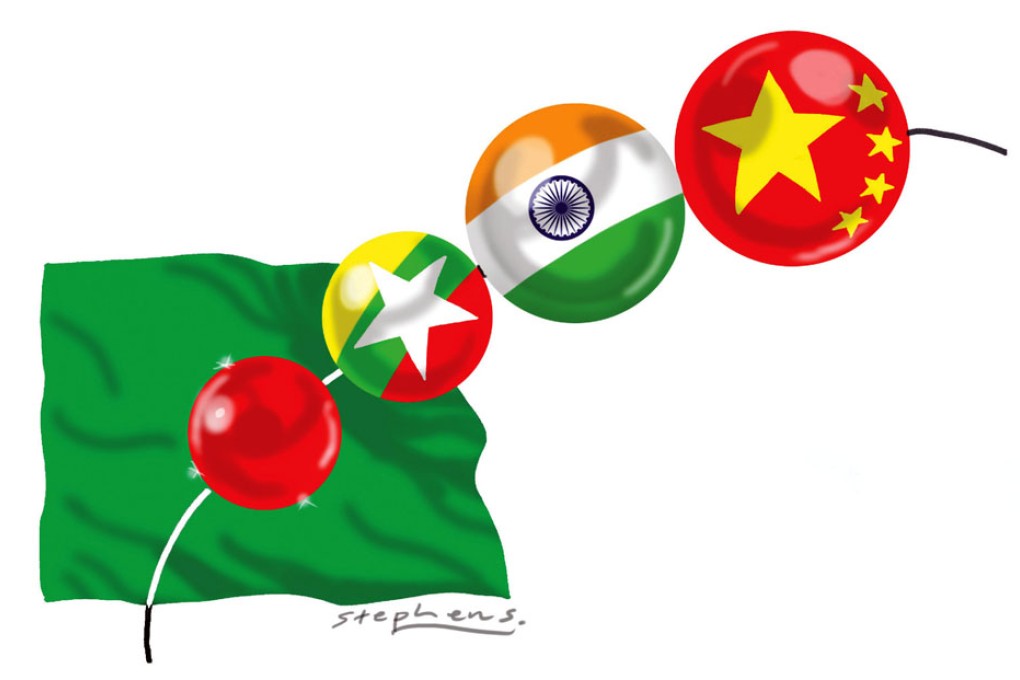Bangladesh plays key role in China's rebalancing in Southeast Asia
Dan Steinbock says Bangladesh, with its history of trade and cultural exchange with China, could play an important role as Beijing seeks to rebalance its partnerships in Southeast Asia

Recently, Bangladesh's foreign minister Dipu Moni met her Chinese counterpart Wang Yi in Beijing to push forward the Bangladesh-China-India-Myanmar economic corridor. The initiative follows China's intensified co-operation with Pakistan in South Asia and recent Asian summits in which both President Xi Jinping and Premier Li Keqiang have been promoting a new "maritime Silk Road" and deeper economic co-operation with Southeast Asia.
Bangladesh has a less-known but vital role in China's regional rebalancing.
As the eastern part of Pakistan, Bangladesh was born with the Partition of Bengal and British India in 1947. After more than three decades of economic neglect and political marginalisation, Bangladesh gained its independence in 1971.
The fragile secular multiparty democracy was racked by political turmoil, famine and military coups. Democracy was restored in 1991, paving the way to relative stability and economic progress.
With more than 160 million people, it is today poor, vulnerable to political and economic turmoil as well as climate change. Still, it has significant potential for growth. The economy is reliant on the garment sector, which suffers from slowing exports to Europe and the United States, and remittances, which have been harmed by construction slowdowns in advanced and emerging nations.
In 2013, Bangladesh's gross domestic product growth decelerated for the second year in a row, to 6 per cent. Half of the labour force is still employed in the agricultural sector, in which growth has decelerated to 2.2 per cent, due to stagnant cereal crop production. In turn, services growth has decreased to 6.1 per cent due to strikes and political violence. A combination of factory fires and political turmoil is also pushing Bangladesh's US$22 billion garment export industry into uncertainty.